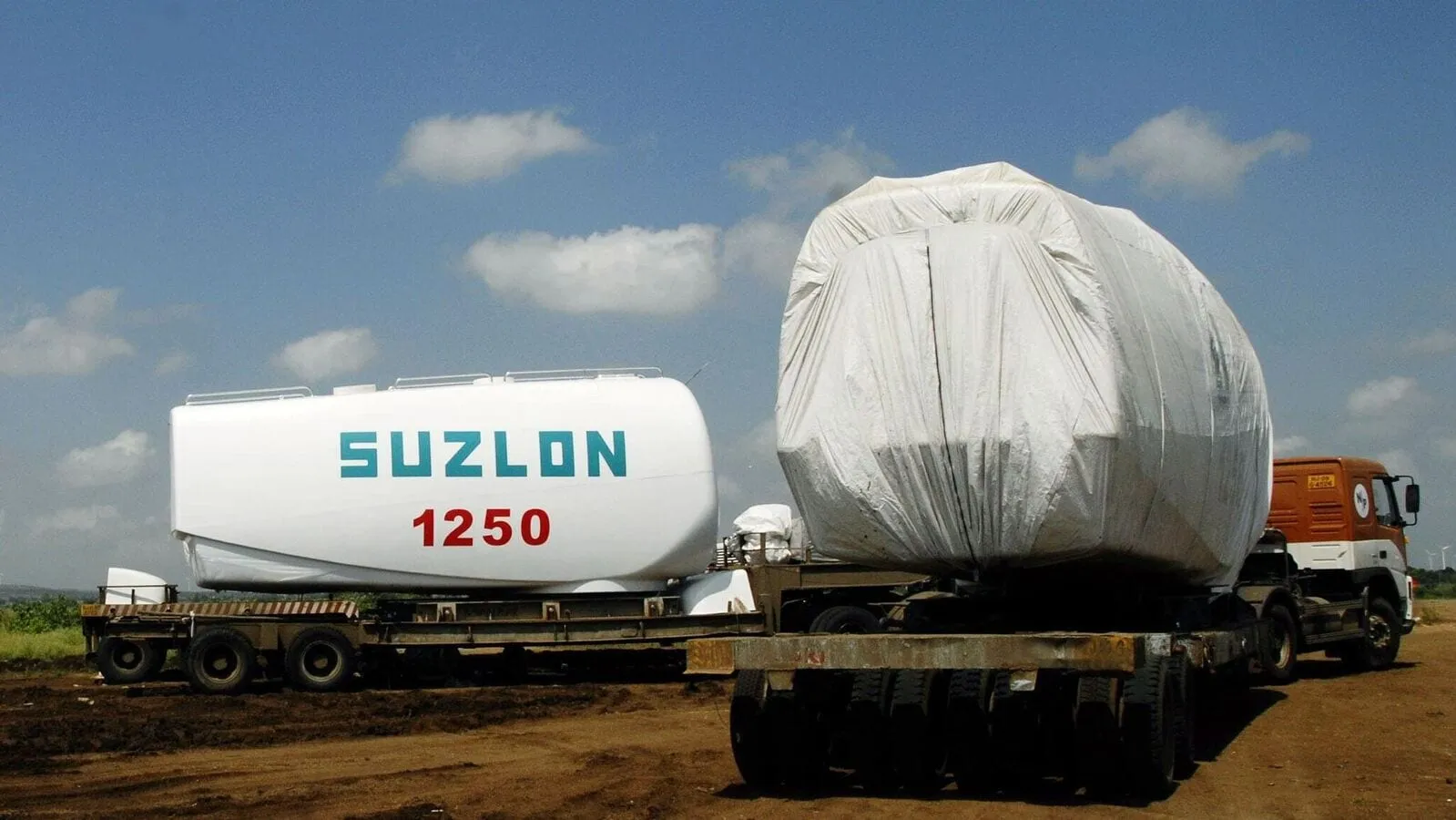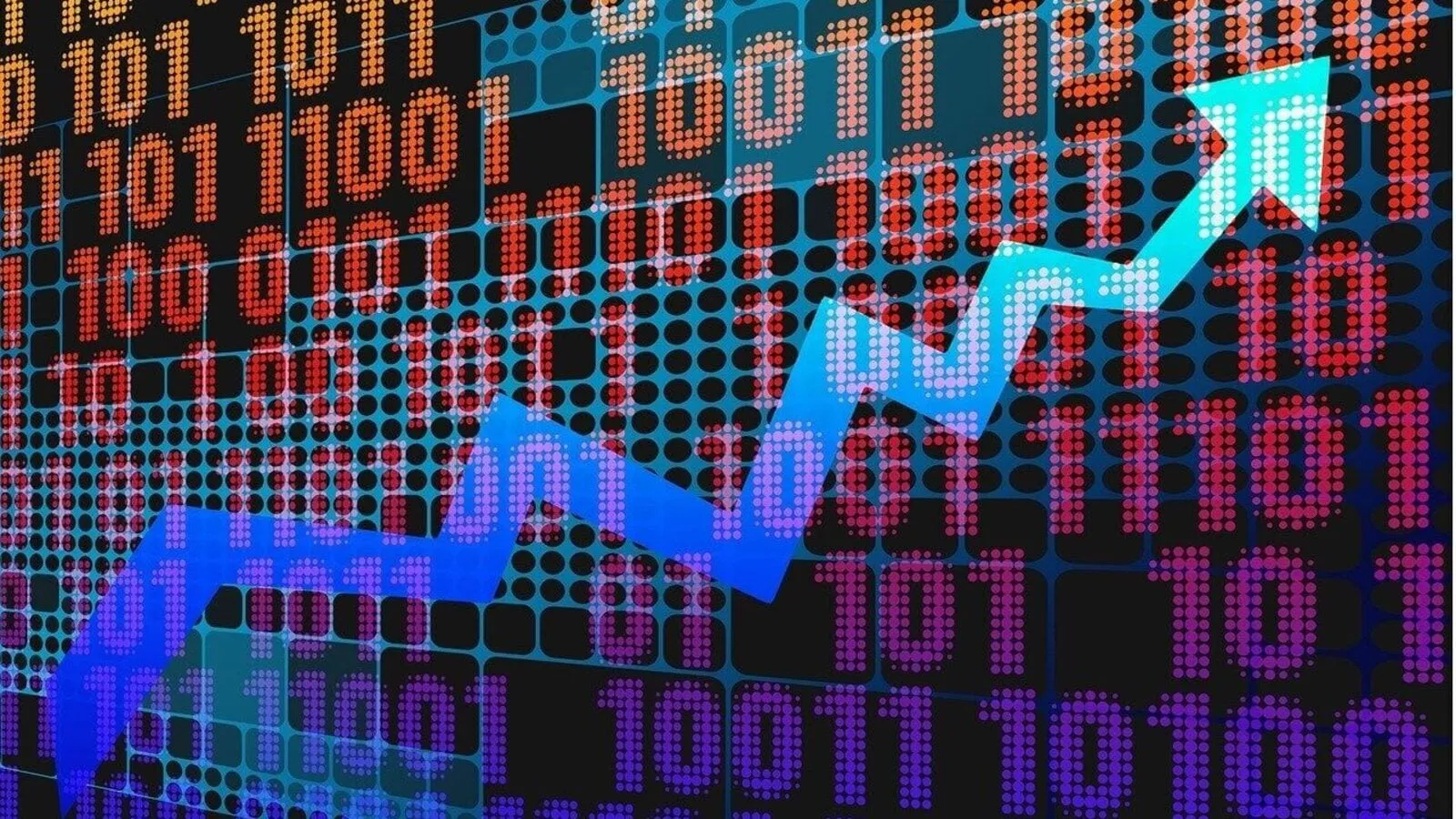Does a Michelada Without Beer Still Taste as Sweet?

(Bloomberg Opinion) — I find myself unhappily on trend. Young people everywhere are increasingly “on the wagon” — to use the American idiom for sobriety from the 1920s, when the 18th Amendment to the US Constitution banned the production and sale of alcohol. The wagon in the expression was a public- service vehicle loaded with water to tamp down dust and grime on city streets; by extension, it described the clean and sober law-abiding citizens of America. According to some estimates, 39% of Gen Z say they have foresworn alcoholic drinks; about half of them imbibe such beverages only occasionally. Many have taken to non-alcoholic alternatives.
I didn’t set out to join that youthful bandwagon. Nevertheless, I have been alcohol-free since Jan. 20, 2025. Those of you who recognize that date as US Inauguration Day must get the coincidence out of your head. It just happened to be when I felt I’d had too much wine over the previous three months. Alas, my doctors agreed with me — because of decades of loving wine and champagne, not just those recent three months. And so, I’ve spent nearly 140 days looking at how to enjoy the brave new world of NA — a market that’s gotten a huge boost in sales and creativity precisely because of health-focused Gen Z, a cohort that probably makes up 25% of the world’s population. I am a late Boomer, but now I’m medically required to be young at heart.
The NA market can be too sprawlingly defined, including everything from bottled water and high-fructose sodas to electrolyte-infused liquids to NA wines and beer. I’m going to look at beverages that someone who likes to sip good vintages would gravitate to, intriguing in their own right or complementary, even transformative, with food. I was in Copenhagen recently where I attended Noma Chef René Redzepi’s revived MAD symposium on the future of restaurants.(1) These kinds of events are usually chock-full of discriminating chefs and sommeliers intent on sampling novel or rare wines and spirits. Would I find alcohol-free stuff to quaff to help me avoid all those temptations?
I will admit to staring longingly at the wonderful vintages poured out in Copenhagen. I love wine, perhaps even more so now that I can’t have it. But there was no shortage of NA wine. Indeed, Denmark is home to Muri, a pioneer in the blending of different fermented juices to create an alternative to wine. Other NA wine purveyors use physical means (often with low heat) to remove alcohol. That usually results in a thin impersonation of wine, with much of the mouthfeel and vibrancy extracted along with the ethanol (which is the predominant form of alcohol produced by the yeast in winemaking). Muri’s process stops short of producing alcohol and utilizes several fruits fermented separately and then blended to create distinct potables.
But as tasty as Muri can be (and its beverages are delicious), let me declare now that all the non-alcoholic wines I have sampled don’t come close to the vivacity of even middling good wine. There are excellent NA sparklings — L’Antidote and L’Antilope by Domaine de Grottes in France’s Beaujolais region — but even these are soda pop compared to champagne or even the new generation of English bubblies. Good wine is a liquid time capsule — a memento of earth, grape, water, the seasons and human touch. It moves beyond taste. I may no longer drink a good Savagnin from the Jura, but I can still appreciate its aroma.
Nevertheless, the thrill of having something that looks and — at first blush — feels like wine is enough to fool the brain into producing dopamine. A guilty elation takes over, and you think, “They’ve made a mistake. They’ve poured me real wine.” Soon enough, you realize it’s an impostor in your glass. You aren’t going to be fooled by the second — if you decide to have it.
The NA beers I tasted in Copenhagen were more “hoppy” or overly flavored with things like elderflower to disguise the absence of malted barley. That said, many non-alcoholic brews I’ve tried here in London are more successful in impersonating their originals. Guinness 0.0% is 99.9% identical in taste to its model (it has a flatter affect as it approaches room temperature). And Estrella Damm has tweaked the vacuum distillation method — the same one many NA winemakers use to remove alcohol — to reintroduce lost flavors. Its FreeDamm is remarkably good lager. Yet, the second-glass — or in this case, second pint — syndrome persists for both the lager and the stout. The buzz you thought you had turns out to be fantasy.
Of course, the quest for buzz — that convivial lightheadedness — is the existential issue in the first place for many drinkers. The road to intoxication is broad. So how do you get the consumer to focus on flavor instead of inebriation? It may be cocktails or “mocktails” — a terribly awkward word. But restaurants can customize drinks for their characteristic cuisine. I had a miraculous NA michelada at Sanchez, chef Rosio Sanchez’s wonderful Mexican restaurant in the Vesterbro district of Copenhagen. The super piquant concoction is usually made with beer, but that’s been substituted by a NA pilsner from Rothaus, a German brewer. It went perfectly with the food, flowing and metamorphosing with the ingredients and heat.
Micheladas — hellishly spicy — aren’t for everyone and don’t go with everything. But there are other choices. I had a range of kombuchas in Copenhagen (teas fermented with a variety of ingredients, including roses, magnolias and fig leaves) that were startlingly seductive. Those in the know will say that kombuchas contain some alcohol. That is an important concern for those with substance abuse issues. But the alcohol content is often less than a very ripe banana’s (0.2% to 0.5% alcohol-by-volume in the fruit, compared with the 12% to 15% with wine).(2) The probiotics of kombucha may be beneficial too.
NA alternatives are as costly as regular offerings — or more. Muri has about six different blends available on its websites, each around £25 ($33.75) a bottle. Guinness 0.0% is more expensive than regular Guinness. That’s because — while the market is potentially enormous — the new technologies and processes for making the beverages can’t scale up yet. The customer base has to grow to make everything more affordable. As for mocktails, restaurants have to find and pay bartenders skilled in fermentation to come up with those kombuchas, which take time to cultivate.
If such things concern you, my friend Jenny Sharaf, an artist based in Los Angeles and Copenhagen, has an alternative to consider: the Wa-tini. You can style it like a Martini — dirty with olive juice, or with a twist or an indulgent kiss of NA vermouth — all poured into the classic glass. But one ingredient is key: bitingly cold, clean water. Shaken or stirred? It’s all in your head.
More From Bloomberg Opinion:
(1) The previous MAD symposium was held in 2018. Funding and, eventually, the pandemic put a halt to what had been an annual get-together of the restaurant and food world. The name derives from a play on Danish and English. Mad means ‘food’ in Danish (pronounced like ‘mal’ and a close cognate of the word ‘meal’). The insanity stems from the free-flowing proceedings at the symposium, which are conducted under a distinctive, four-peaked magenta circus tent.
(2) A graver concern with NA beverages is sugar content and how it might affect diabetics or pre-diabetics who usually face much less risk with wine.
This column reflects the personal views of the author and does not necessarily reflect the opinion of the editorial board or Bloomberg LP and its owners.
Howard Chua-Eoan is a columnist for Bloomberg Opinion covering culture and business. He previously served as Bloomberg Opinion’s international editor and is a former news director at Time magazine.
More stories like this are available on bloomberg.com/opinion







